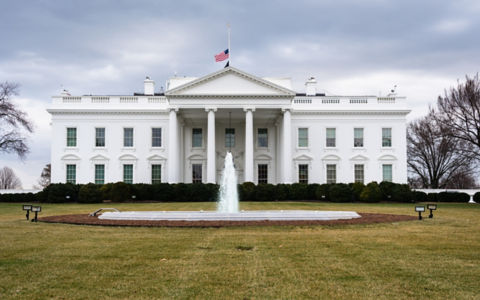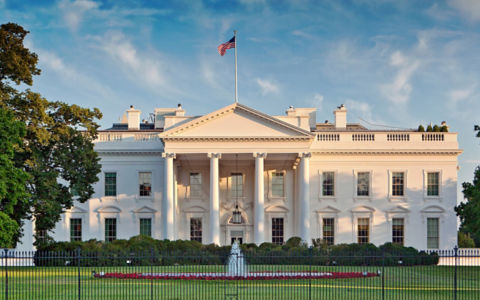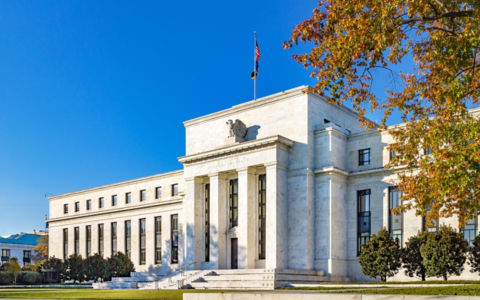European markets had nervously watched the French parliamentary elections unfold but, after a cliffhanger first round, the second round of voting ultimately delivered a hung parliament. While this translates into further uncertainty for European equity and debt markets, it has significantly reduced the tail risk of a government led by the far-right Rassemblement National (RN) party and its allies. In the end, the party only won 143 seats (out of a total of 577) after being predicted to win more than 250 seats based on the first-round results. Tactical voting by the electorate and coordination between the left and centrist parties to avoid splitting the vote led to the RN being pushed into third place behind the Nouveau Front Populaire (NFP) — an impromptu coalition of parties to the left (180 seats) — and the centrist Ensemble, which supports President Emmanuel Macron (163 seats).
Why was the risk of a far-right government so significant?
A win by the RN threatened to bring to a head two very negative trends that have been in place in France for some time: first, the rise of populism and second, a poor fiscal trajectory (deterioration in public finances), which both have the potential to have a broader impact on Europe.
The final election result means that this risk has been avoided, but the underlying trends haven’t been resolved. France is still a country where populism is rising. It's also not clear that we can expect the next government to address the country's negative fiscal strategy.
Looking ahead to the potential configurations for forming a government, three scenarios could unfold from here:
- A cross-party coalition of moderates, which, although the most market-friendly outcome, would be hard to achieve as it would likely create unresolvable tensions within the NFP.
- A minority government, either a left NFP minority or a centre-left centrist government, which would be significantly constrained policy-wise.
- Political deadlock, where no agreement can be reached between the parties/alliances. This impasse could be lasting as, legally, no new elections are possible for a year.
While bond markets have recovered, with French government bonds tightening again versus German Bunds, spreads are still relatively wide. Depending on the political outcome, spreads may tighten further in the case of a technocratic, cross-party solution, or widen again if parliamentary paralysis occurs. Similarly, the French stock market has significantly underperformed the broader European equity market, which was also affected by the uncertainty of the French parliamentary election.
Until a few weeks ago, Europe was in a “Goldilocks scenario”. European equities were performing well, with growth picking up, while the European Central Bank cut interest rates given receding inflation. This combination of improving economic conditions and a rate cut put European equities in a favourable position. In addition, valuations also looked attractive, particularly on a sector-adjusted basis, with relative multiples to the US near levels last seen during the global financial crisis in 2008/2009. These supportive conditions provided a tailwind for European equity markets until political headwinds started to pick up, particularly following the dissolution of the French parliament. For now, the path ahead remains uncertain, but there is a possibility that the political situation in France will get resolved, at least near term, and that would allow that positive momentum to return.
It will take time before we get clarity on which of the three scenarios is likely to prevail. While the political negotiations are taking place, equity markets will face increased uncertainty and potentially heightened volatility as investors react to the twists and turns of a changing political landscape.
Assessing the longer-term implications for France, the EU, the euro and the financial markets remains difficult at this stage. However, looking more broadly, I think investors should not ignore the positive developments occurring elsewhere, notably the improving backdrop across Europe’s “periphery economies” and the positive narrative for the UK following a parliamentary election that resulted in the very opposite of what just happened in France. The Labour Party won the election and will now command one of the largest parliamentary majorities since the Second World War. While policy details are still unclear at this point, the key consequence of the election result is a move from political uncertainty to stability, with the potential to change global perceptions of the UK as a place to invest in a more positive way, albeit that the exact details of the new Labour government’s policies could remain unclear until it publishes its first budget in October. The new government has also stated that it would like to improve working relations with the EU and seek closer cooperation. All this should provide a more positive backdrop for Europe as a whole.
While many of the foundations underpinning a more attractive outlook for European equities remain intact, political uncertainty underscores the need for active stock and security selection. A focused approach towards European equities may help investors take advantage of increased volatility and dispersion to buy into strong long-term stories, particularly in undervalued segments of the market such as the UK.
























Markets in 2025: asleep at the wheel or in the driving seat?
Watch the conversation with Head of Macro Strategy John Butler as he discusses recent macro events and potential 2025 market outcomes for investors.
By